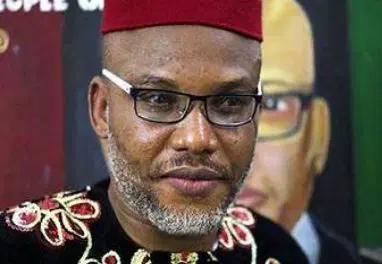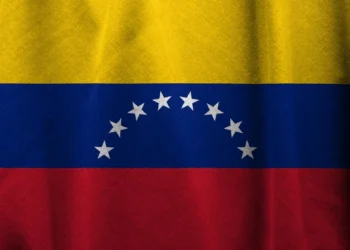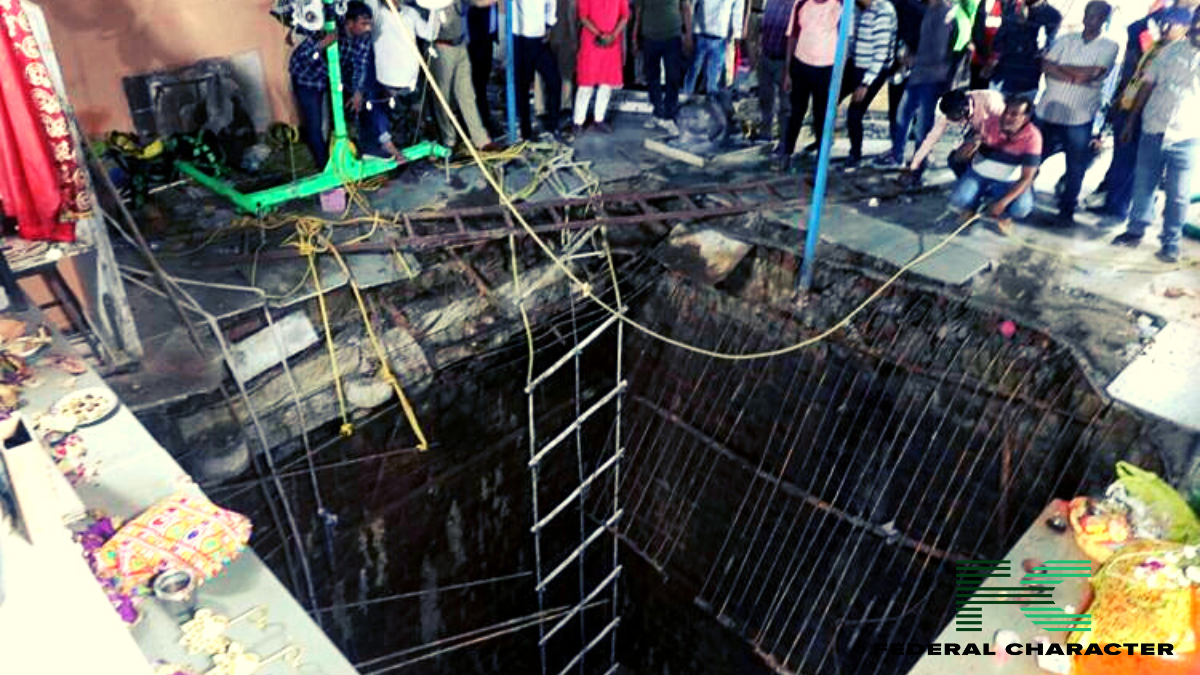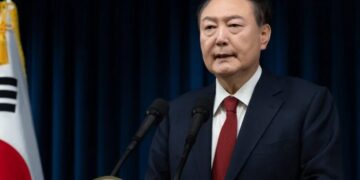A prominent Nigerian lawyer has launched a scorching attack on the country’s justice system, exposing what he calls a “disturbing two-tiered” structure designed to punish dissent from the Igbo ethnic group while granting impunity to powerful northern interests, a stark reflection of the political marginalization that has plagued the country for decades.
In a damning public statement, legal analyst Malcolm Emokiniovo Omirhobo presented an undeniable contrast: Nnamdi Kanu, the Igbo leader of the Indigenous People of Biafra (IPOB), arrested through “extraordinary rendition” and now serving a life sentence for his secessionist broadcasts, versus Sheikh Ahmad Gumi, a northern Muslim cleric who freely enters terrorist camps, negotiates with armed bandits, and acts as their public defender.
“This is not rule of law. This is rule by selective discretion,” Omirhobo declared, framing the case as the ultimate proof of systemic bias. “The conviction of Nnamdi Kanu while Sheikh Gumi remains untouched is a glaring example of double standards rooted in ethnicity and religion.”
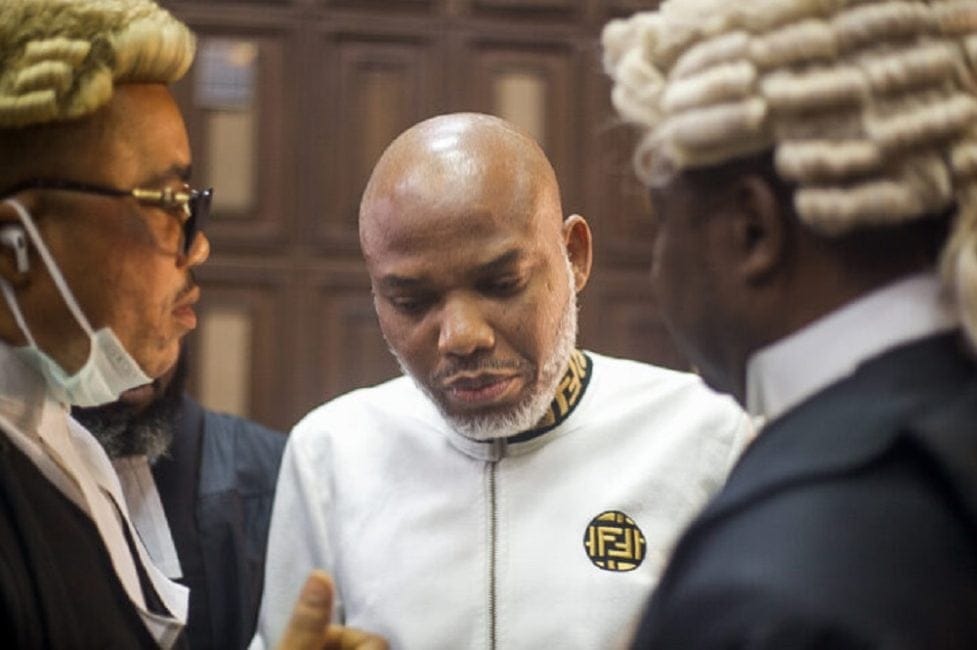
The Igbo Question: A History of Judicial Weaponization
The harsh sentencing of Kanu is seen by many as the latest chapter in the long-standing political and economic marginalization of the Igbo people since the end of the Biafran Civil War in 1970. While the government cites national unity to justify its crackdown on IPOB, critics argue this is a pretext for a deeper, more insidious policy of containment against the Igbo.
Analysts point out that the state’s security apparatus, dominated by officials from the north and southwest, routinely characterizes Igbo agitation for self-determination as an existential threat, while simultaneously treating more deadly insurgencies in the north—led by groups like Boko Haram and bandits—as manageable security issues.
This “soft approach” to northern extremism, exemplified by the government’s willingness to engage in “peace talks” and pay ransoms, stands in brutal contrast to the “kinetic solution” deployed against Kanu and his supporters.
A Tale of Two Citizens
Omirhobo’s statement laid out a devastating side-by-side comparison that has gone viral across social media:
Nnamdi Kanu (Igbo): Accused of inflammatory broadcasts; charged, tried, and convicted; arrested through extraordinary rendition; denied consistent access to justice for years.
Sheikh Ahmad Gumi (Northern): Enters terrorist camps freely; meets armed criminals responsible for mass killings; publicly defends them; undermines national security repeatedly.
The Result? ZERO arrest. ZERO prosecution. ZERO accountability.
“If broadcasts amount to terrorism, then direct contact, negotiation, and advocacy for armed groups constitute far more grievous offences,” Omirhobo argued. “Nigeria cannot claim to be fighting terrorism while pampering individuals who openly engage with terrorists.”
Why It Matters
Let’s stop pretending. The different treatment of Nnamdi Kanu and Sheikh Gumi isn’t a legal anomaly; it is the system working exactly as designed. This is not justice; it is the judicial enforcement of Nigeria’s unspoken ethnic hierarchy. Kanu’s real crime isn’t broadcasting hate; it being an Igbo man who dared to demand sovereignty, challenging a political structure that has systematically sidelined his people for generations.
The government’s silence on Gumi is a deafening confession of its priorities. A northern cleric who provides a moral shield for mass murderers is a useful political tool, or at worst, a manageable nuisance. An Igbo man who threatens the fragile idea of a unified Nigeria is an existential threat that must be crushed with the full, ruthless force of the law.
This case proves that the Nigerian state does not have one law for all its citizens. It has a harsh, unforgiving law for the Igbos it fears, and a forgiving, flexible one for the northern interests it dares not confront. Until this foundational hypocrisy is acknowledged and torn down, the nation’s “unity” will remain a lie told at the point of a gun.

